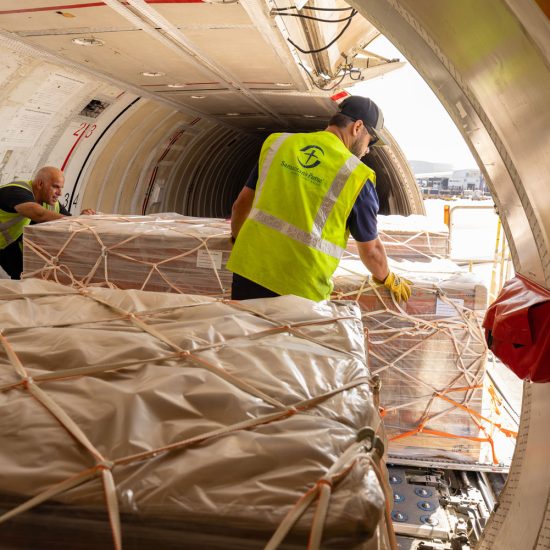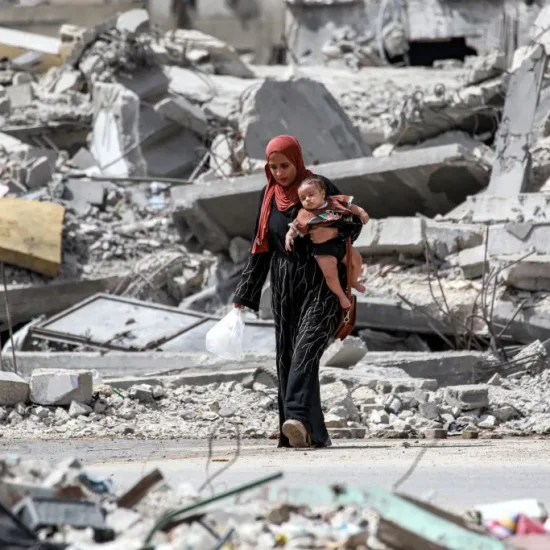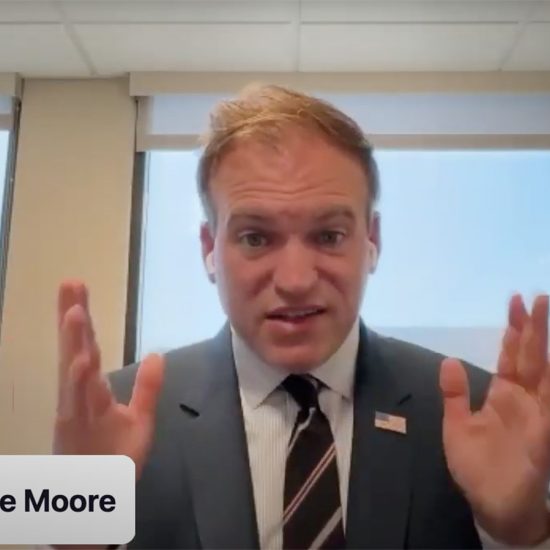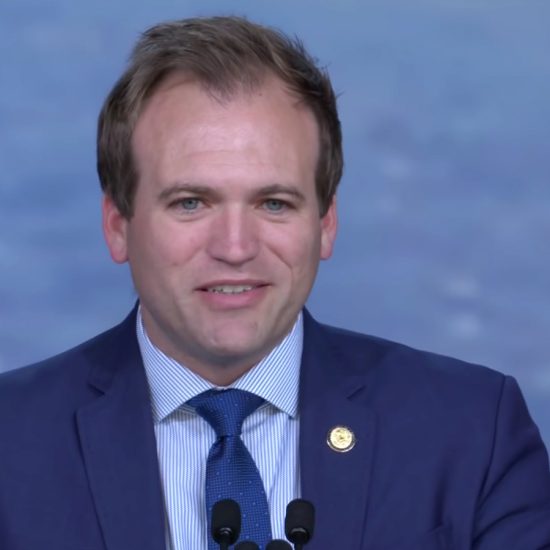Growing up, I often thought of the Old Testament prophets as mystical fortune tellers who could predict the future. And while they did sometimes give glimpses into what was to come, they really were people who explained the present (and its implications on the future if repentance did not occur). Old Testament scholar Walter Brueggemann talks about this role of the prophets as one of “prophetic imagination.” That is, they bring a “word from elsewhere” to help people see an alternative future beyond the one that the powers of the status quo insist is the only option.

Brian Kaylor
“Prophetic imagination is breaking the silence, saying the unsayable, thinking the unthinkable, imagining the unimaginable,” Brueggemann said during a conference in St. Joseph, Mo., a few years ago. “The prophets are not so much angry as they are sad. They are sad because they can see where this is going.”
“The church is the meeting that hosts the words from elsewhere. If the church is not this, it’s just a chaplain to the empire,” he added. “The church can articulate a version of reality that subverts the dominant reality of power and wealth.”
We saw one such prophet earlier this week at the United Nations. And like many of the Old Testament prophets, this modern one did not come from a prominent position of power. This prophet, like many of those in the Bible, is young and seemingly unqualified. But God doesn’t usually speak through the powerful.
Greta Thunberg is a 16-year-old activist who helped sparked global protests demanding the world’s leaders act decisively and quickly to reduce climate change. The Swedish teenager with Asperger syndrome started protesting last year and hardly seems like the expected prophet to address the world’s most powerful leaders. But, then, neither were young Jeremiah or lowly Amos.
In her emotional remarks, Greta quickly assumed the prophetic mantle to speak truth to power. She was not there like a court prophet to tell the powerful they’re doing a good job by agreeing to talk about climate change. Rather, she came to shame them for lacking the prophetic imagination our times demand.
“This is all wrong. I shouldn’t be up here. I should be back in school on the other side of the ocean. Yet you all come to us young people for hope. How dare you!” she said at the opening of her remarks. “You have stolen my dreams and my childhood with your empty words. And yet I’m one of the lucky ones. People are suffering. People are dying. Entire ecosystems are collapsing. We are in the beginning of a mass extinction, and all you can talk about is money and fairy tales of eternal economic growth. How dare you!”
“How dare you pretend that this can be solved with just ‘business as usual’ and some technical solutions?” she added. “There will not be any solutions or plans presented in line with these figures here today, because these numbers are too uncomfortable. And you are still not mature enough to tell it like it is. You are failing us. But the young people are starting to understand your betrayal. The eyes of all future generations are upon you. And if you choose to fail us, I say: We will never forgive you.”
Those are the words of a prophet. That is the demeanor of a prophet. That is the imagination of a prophet, the imagination to see another world that is possible. Unfortunately, most people don’t listen to the prophets.
Brian Kaylor is editor and president of Word&Way.






